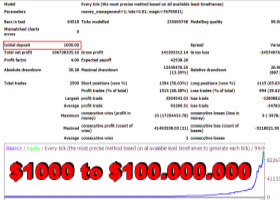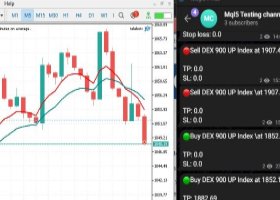Oil prices are plunging, however Saudi Arabia is unlikely to consider Iran's request for a cut in oil production when OPEC meets Thursday, analyst Stephen Schork told CNBC on Monday. He sees the bottom for oil at $75 to $80 a barrel.
Oil prices have plummeted 30 percent from their highs in June. On Sunday Iran's semi-official news agency Mehr reported that ministers from Iran will seek a cut from Saudi Arabia, joining a chorus of other members who have called for a reduction in output ahead of the meeting.
One factor that will influence Saudi Arabia's decision is the outcome of Iran's meeting with six world powers over its nuclear program. The participants missed a deadline to reach an accord on Monday and are expected to meet again next month.
"There's no way in my mind that the Saudis are going to give an inch to the Iranians if the Iranians don't give them something in return today with regard to the nuclear talks," Schork said during an interview with "Squawk Box."
Saudi Arabia has no impulse to play long ball, said Schork, pointing to the 9 percent return on its sovereign wealth fund that has produced $63 billion in the first nine months of the year. Its rainy day fund now totals $740 billion, giving it the ability to weather the low oil price market, said the analyst, editor of the Schork report.
As Schork continued, the issue amounts to OPEC "have-nots" such as Iran, Nigeria, and Venezuela demanding productive members such as Saudi Arabia and Kuwait to transfer their wealth.
"Here we are, a bunch of capitalists, sitting around trying to bet on whether or not OPEC will behave like a good socialist," Schork said.
In regards of their budgets, Saudi Arabia and Kuwait have been more prudent, engineering them to balance out with oil at $80 to $90 a barrel.
He sees the bottom for oil at $75 to $80 a barrel, noting that low prices have increased Americans' appetite for oil ahead of the holiday driving season, which will help work through overcapacity and supply.
"The only way I am wrong is if this is indeed 2008, 2009 and we are on the precipice of another global pull down. That to me is the only way we can break and really significantly drive prices lower at this point," he said.



